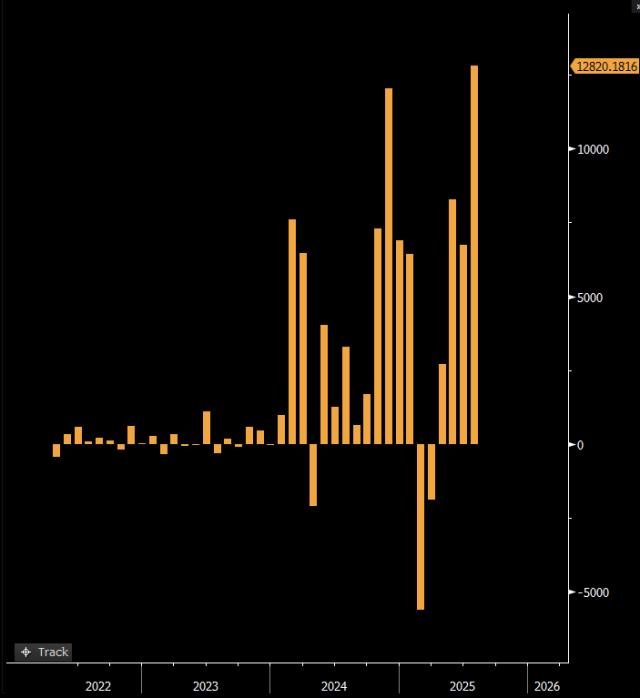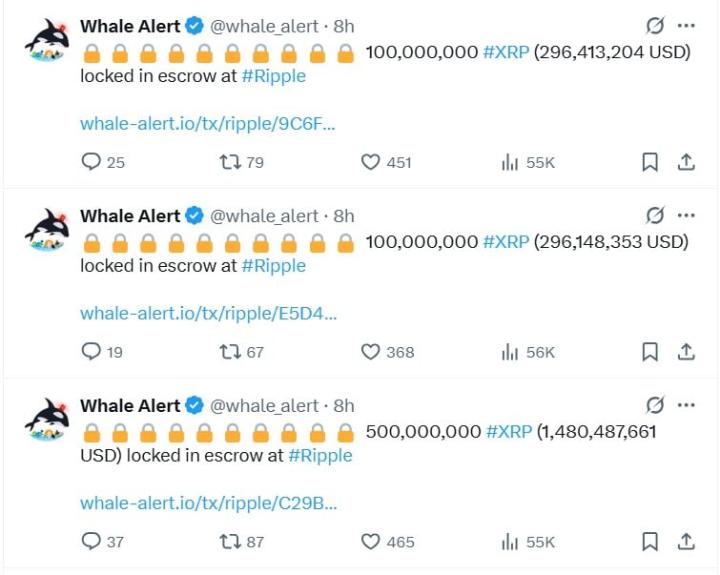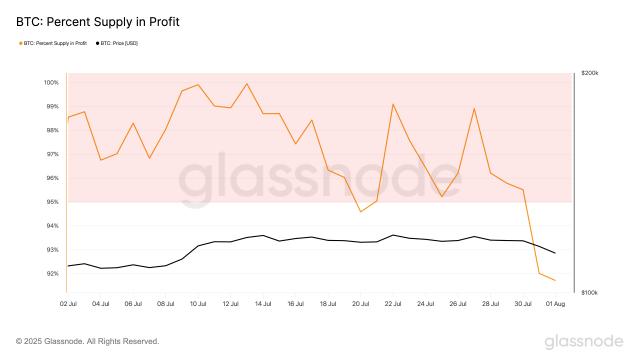The Vietnamese government announced yesterday (25th) the launch of NDAChain, Vietnam's National Blockchain Platform. The official press release stated that NDAChain was developed by the Vietnam National Data Association and operated by the Data Innovation and Utilization Center (under the National Data Center of the Ministry of Public Security), hoping to become the foundational layer for data verification in government and private sector systems.
As a trusted, transparent, and secure verification layer for Vietnam's national data center, paving the way for a more reliable digital economy.
What is NDAChain?
According to the official introduction, NDAChain is a Layer 1 blockchain backed by an alliance of 49 public and private validator nodes, operated by national data centers, the Ministry of Public Security, SunGroup, Zalo, Masan, MISA, Sovico, and VNVC. Each validator node includes a distributed ledger for recording transparent transactions, smart contracts for process automation, and an identity verification module integrated with Vietnam's VNeID and other national identity systems.
Additionally, the platform uses a Proof of Authority (PoA) consensus mechanism and enhances security through Zero-Knowledge Proofs (ZKP), capable of processing up to 3,600 transactions per second with low latency and high scalability.
The government plans to fully integrate NDAChain with the National Data Center by 2026, gradually expanding to local governments and universities, and investing in talent development and international cooperation to position Vietnam as a blockchain governance demonstration field.
The Vietnamese government stated that NDAChain was launched due to three major challenges faced by centralized databases: network attack risks, limited scalability, and difficulties in cross-national integration. Regarding this, Nguyen Huy, Technical Director of the Vietnam National Data Association, said:
"Our hybrid data architecture chooses to balance centralized and decentralized characteristics, and NDAChain is the protection layer for the country's real-time data."
Diverse Landing from Identity to Traceability
NDAChain's first landing scenarios focus on two areas: citizen identity authentication and product traceability. NDA DID allows users to quickly verify their identity in a decentralized manner, with the NDAKey application completing the entire process in seconds, effectively reducing fraud and impersonation risks. On the product side, NDATrace issues a unique identifier (UID) for each product, compatible with GS1 standards and the EU's EBSI system, allowing enterprises to enter the global supply chain with minimal development costs.
NDAChain's future roadmap indicates that e-government, finance, healthcare, logistics, and education can expand services on these foundations. Simultaneously, new solutions such as identity wallets, anti-counterfeiting labels, and digital notarization will emerge, creating a more vibrant digital ecosystem.
Strategic Significance on the International Stage
Currently, over 50 countries have promoted national blockchain projects, with frequently discussed examples including China's BSN, the EU's EBSI, and South Korea's Klaytn. However, Vietnam's difference lies in deeper public-private collaboration and compatibility with international standards like W3C DID and GDPR.
For other emerging markets, NDAChain provides a replicable example that, without abandoning government control, uses blockchain's transparent consensus mechanism to connect services while aligning with global standards.







